The Fools, the Dristunovs and the Bastards? Where did the funny and offensive Russian surnames come from
Categories: History
By Pictolic https://pictolic.com/article/the-fools-the-dristunovs-and-the-bastards-where-did-the-funny-and-offensive-russian-surnames-come-from.htmlThe name and surname accompany a person all his life. Therefore, it may seem strange that someone's ancestor, making a very responsible decision, took a last name that causes laughter. But not everything is so simple — it was a conscious choice of adults who pursued important goals for them.
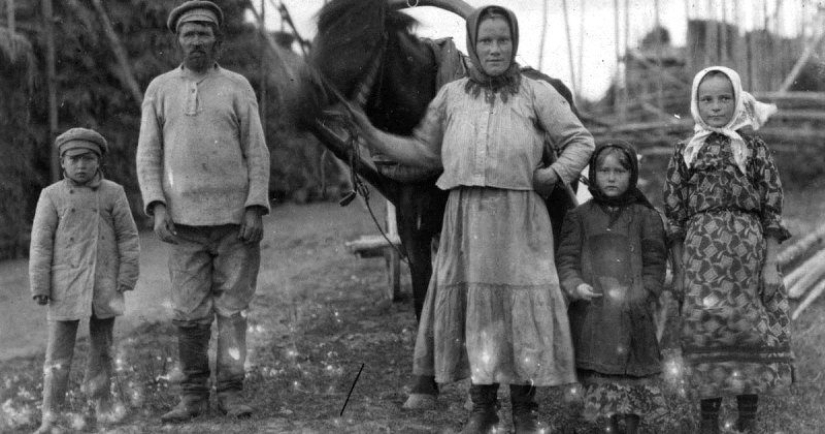
Each of us knows people with funny, and sometimes even humiliating surnames. There are Durakovs, Dristunovs, Paskudins, Ogryzkins, Kosorylovs and many other people in the world whose surnames, to put it mildly, are not consonant.
Many refuse such "happiness", changing their surnames to simple and pleasant ones, but there are also many who respect their ancestors and proudly "carry their cross" through life.
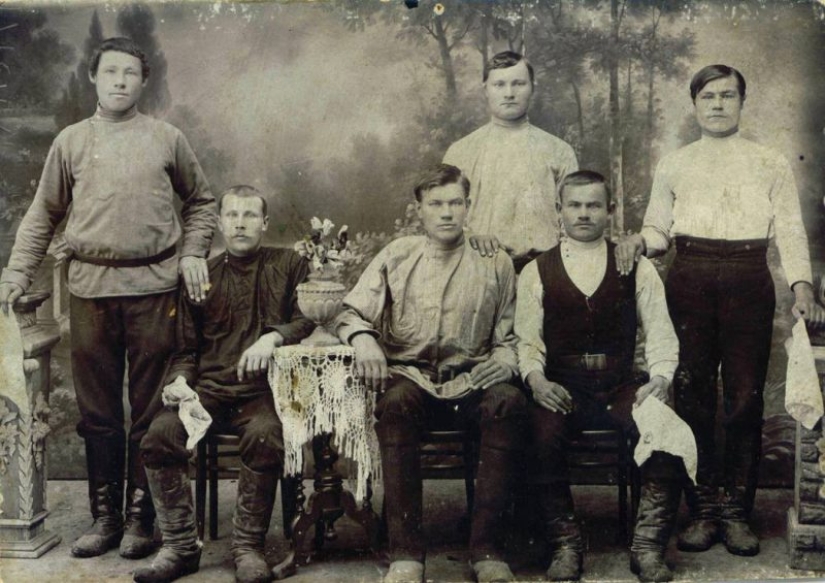
So where did all these Ponosovs, Nits and Assholes come from? The custom of choosing dissonant surnames goes back to pagan times. A long time ago in Russia it was customary to have two names. One, given to a child at birth, was sacredly guarded from outsiders and was used only during the performance of certain rituals.
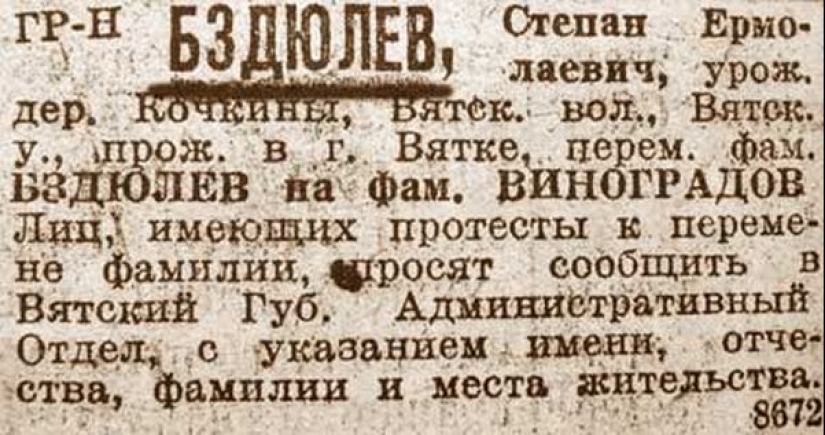
It was believed that knowing a person's name, it was possible to harm him at any distance, and the attacker could be not only a person, but also a spirit. To mislead the detractor, the child was given a second name, often sounding ridiculous and stupid. It was believed that no one would covet a person with the surname Koza or Krivoruchko.
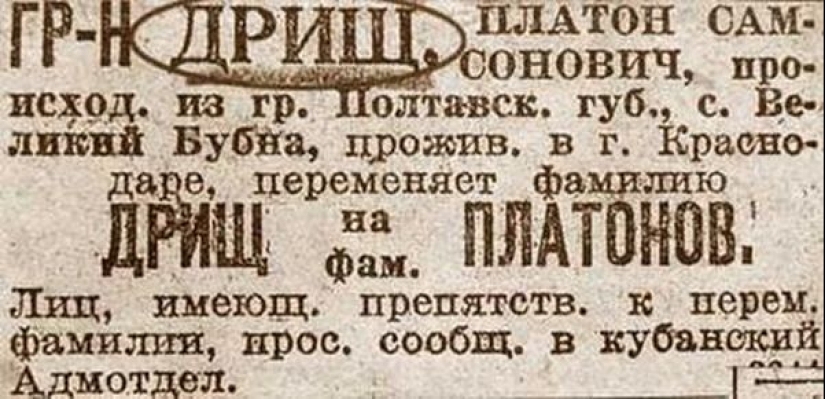
Another good reason to give a child a funny middle name is the prevention of human vices. It was believed that by giving a person the nickname Fornication, you can insure him from debauchery, and by calling him Lazy, you can make him hardworking. Is it worth saying that the name Fool implied a high level of intelligence?
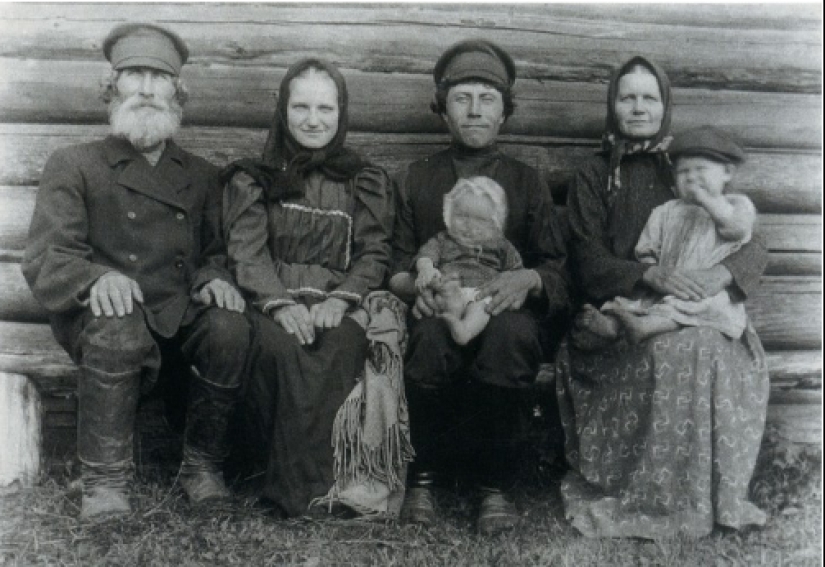
Oddly enough, the pre-Christian custom of taking "insignificant" names survived until the enlightened XIX century. Surprisingly, in 1888 in The Russian Empire was full of people without a surname. It was this year that the Senate issued a decree that ordered all residents of the country to take their surnames and register under them officially.
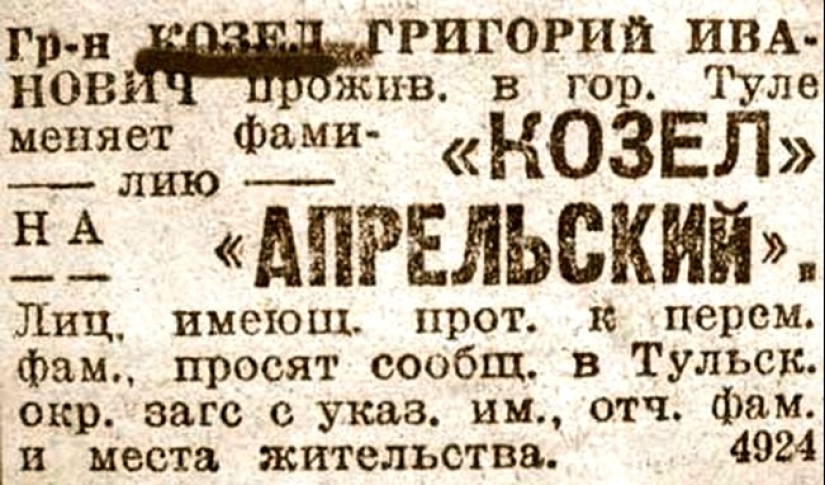
It was here that pagan superstitions manifested themselves — very many chose for themselves dissonant surnames from the category of those that were appropriated as a second name by the inhabitants of ancient Russia.
Interestingly, even after the decree of the Senate, not everyone rushed to invent passport data for themselves. The population census of 1897 showed that 75% of Russians did not get surnames!
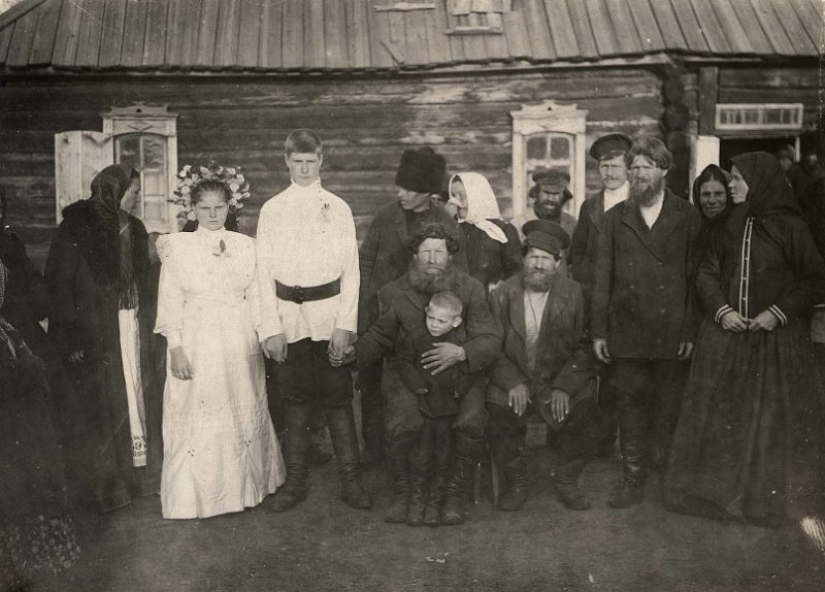
The picture was especially depressing in the backyards of the Empire, where Russian people lived closely with the indigenous population, for example in the Far North or the Far East. Like their pagan neighbors, these Russians made do with just one name or even just a nickname related to their occupation or physical feature. Only in the 30s, already under the Bolsheviks, absolutely everyone finally got surnames.
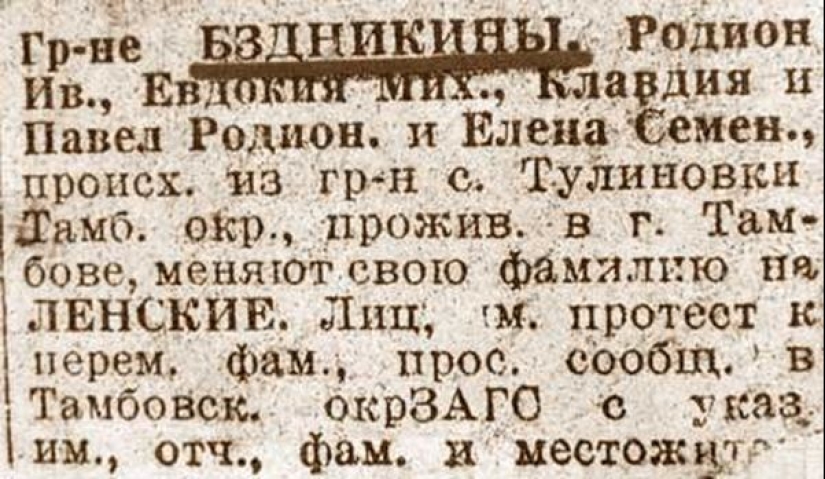
The fact that discordant surnames were a mass phenomenon is indicated by the fact that in 1825 a royal decree appeared "On the replacement of obscene surnames of y lower ranks". According to this act, soldiers with funny surnames were obliged to change them to a more pleasant one. But this was in the army, and no one touched the "civilians", and they continued to live with their strange surnames.
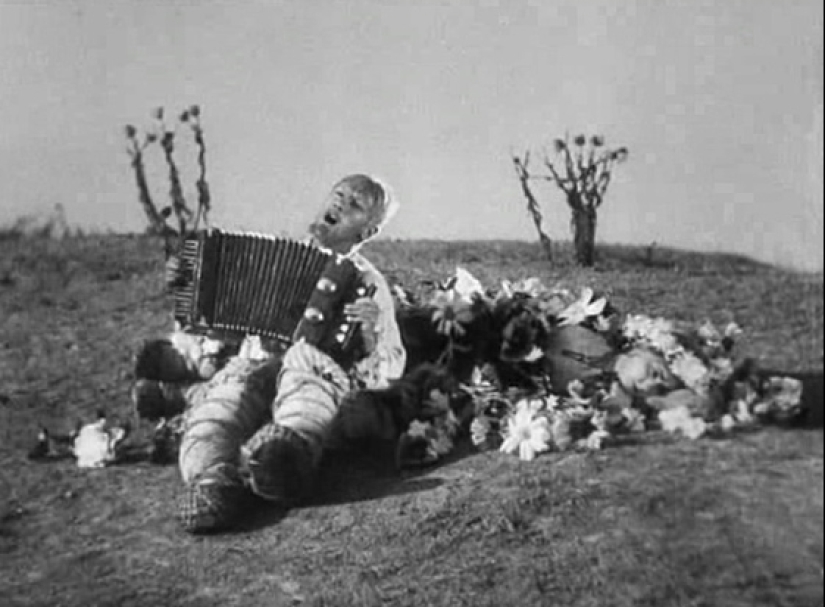
By the way, not all funny surnames have an obvious origin. The surname Vagina, for example, came from the Vag River, one of the tributaries of the Danube, and the Cretinins were just greedy, since their surname became derived from the obsolete "cret", that is, mole.
Recent articles

Most of us think that the color of the eggshell does not play any role and it is possible not to pay attention. But it's not and ...

The more we rely on technology, the more potential power hackers gain over us. It doesn't matter if their goal is to help or cause ...

Creating a good portrait is one of the most difficult tasks for any photographer. In order to make a really natural and memorable ...